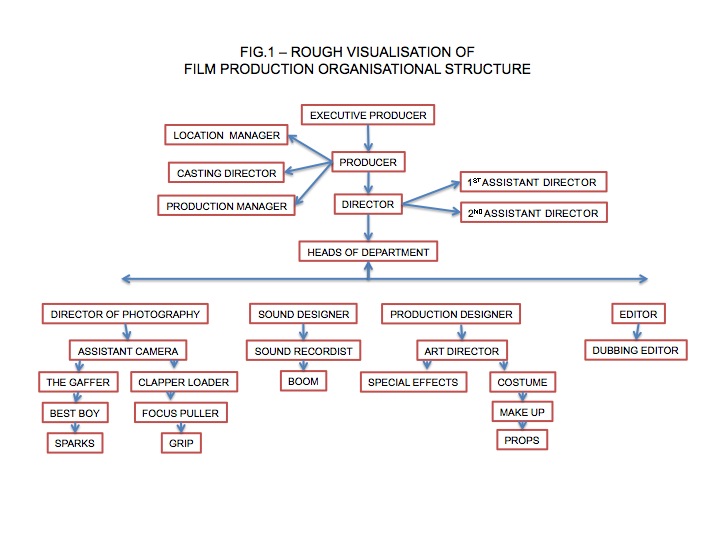By James Fair
One month ago I led a team of filmmakers (of varying experience) into shooting and editing a feature length movie upon RED in 72 hours, and then screening it to a festival audience at the Melbourne International Film Festival (MIFF) in Australia. The purpose was to demystify the filmmaking process and illustrate that it could be done differently. The film ‘The Ballad of Des & Mo’ has been deemed a success by those involved as it successfully played to a sell-out audience at the Australian Centre for Moving Image and made it into the Top Ten Audience Favourites of the entire festival. This is no small feat considering we only screened once, with only a fraction of the budget of the other films, and filmed within three days of our screening. Over five posts for Truly Free Film, I want to share some of my findings from the process.



